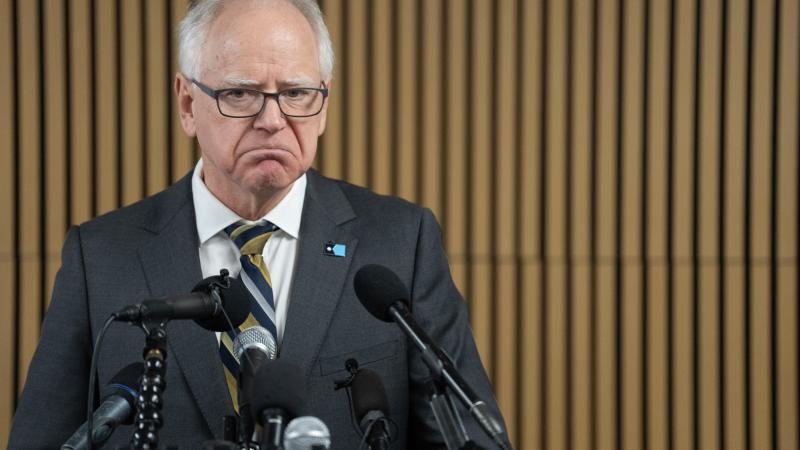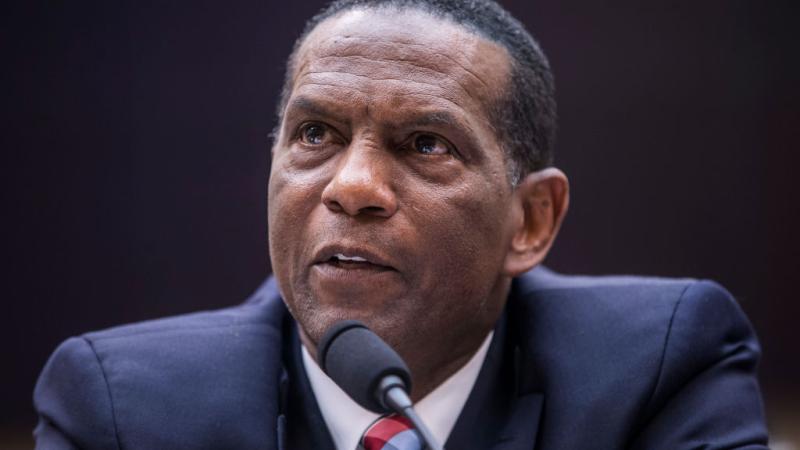Judge rules Indiana can’t stop extra unemployment benefits
State court rules Indiana “is required to procure all available federal insurance benefits to citizens.”
An Indiana judge ruled Monday the state must continue to let unemployed residents collect $300 in extra weekly unemployment payments from the federal government.
Marion County Superior Court Judge John Hanley ruled that the state “is required to procure all available federal insurance benefits to citizens.”
Indiana Legal Services, a nonprofit law firm based in Indianapolis that provides free legal services to low-income residents, asked for an emergency injunction to continue the payments last week after Indiana Gov. Eric Holcomb in May announced the state would stop participating in the program on June 19.
President Joe Biden earlier said the federal payments would end the first week in September, but so far 25 states — mostly led by Republican governors — have already ended or said they would end the payments early.
The primary reason given is that the money, on top of weekly state unemployment benefits, are an incentive for people not to find work.
Hanley said the harm caused by ending the payments outweighed the risk to the state.
“A loss of housing or medical care and the inability to provide food, shelter and adequate childcare for a family constitute irreparable harm pending resolution of this cause of action and are not adequately compensable by an award of damages,” Hanley wrote in his decision.
Hanley added the payments are “instrumental in allowing Hoosiers to regain financial stability at an individual level while the state continues to face challenges presented by the COVID-19 pandemic during its return to normalcy.”
Holcomb’s office said it would consider appealing the decision.
About 230,000 people in the state are currently on unemployment. Indiana’s unemployment rate in May was 4%, slightly above April’s 3.9%.
During last week’s hearing, Jennifer Terry, an attorney with Indiana Legal Services, told Hanley “Frankly judge, these unemployment benefits are keeping the claimants out of poverty.”
Assistant Attorney General Jefferson Garn, representing the state, told Hanley it was “in the state’s best interests” to stop the payments and that continuing them would “stunt the stabilization” of the state’s economy.”
Money for the federal payments comes from the $2.2 billion Coronavirus Aid, Relief and Economic Security Act, referred to as the CARES Act, that President Donald Trump signed into law in March 2020. They were bolstered by the $1.9 trillion American Rescue Plan that Biden signed into law earlier this year.
A similar lawsuit has also been filed in Texas.















